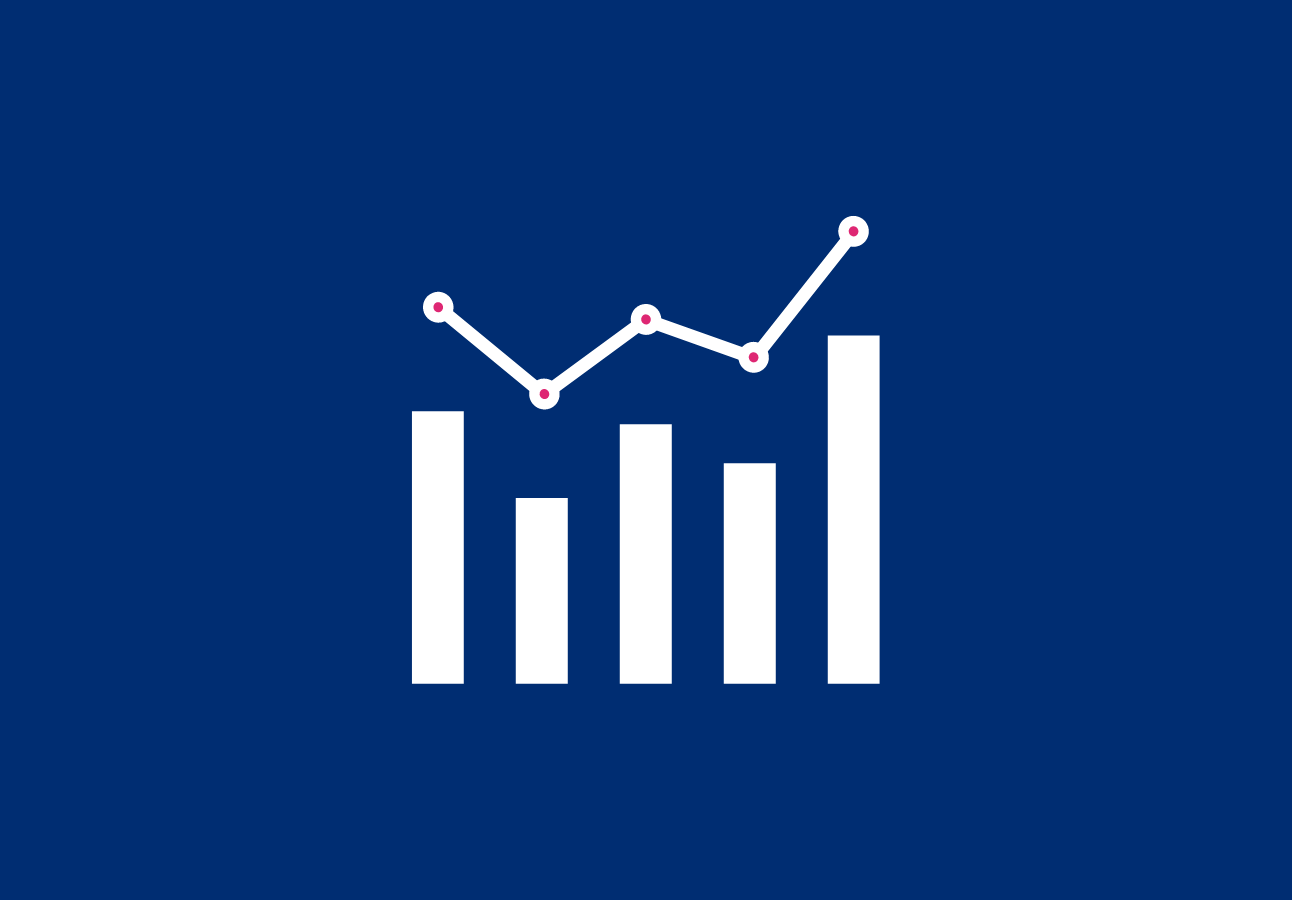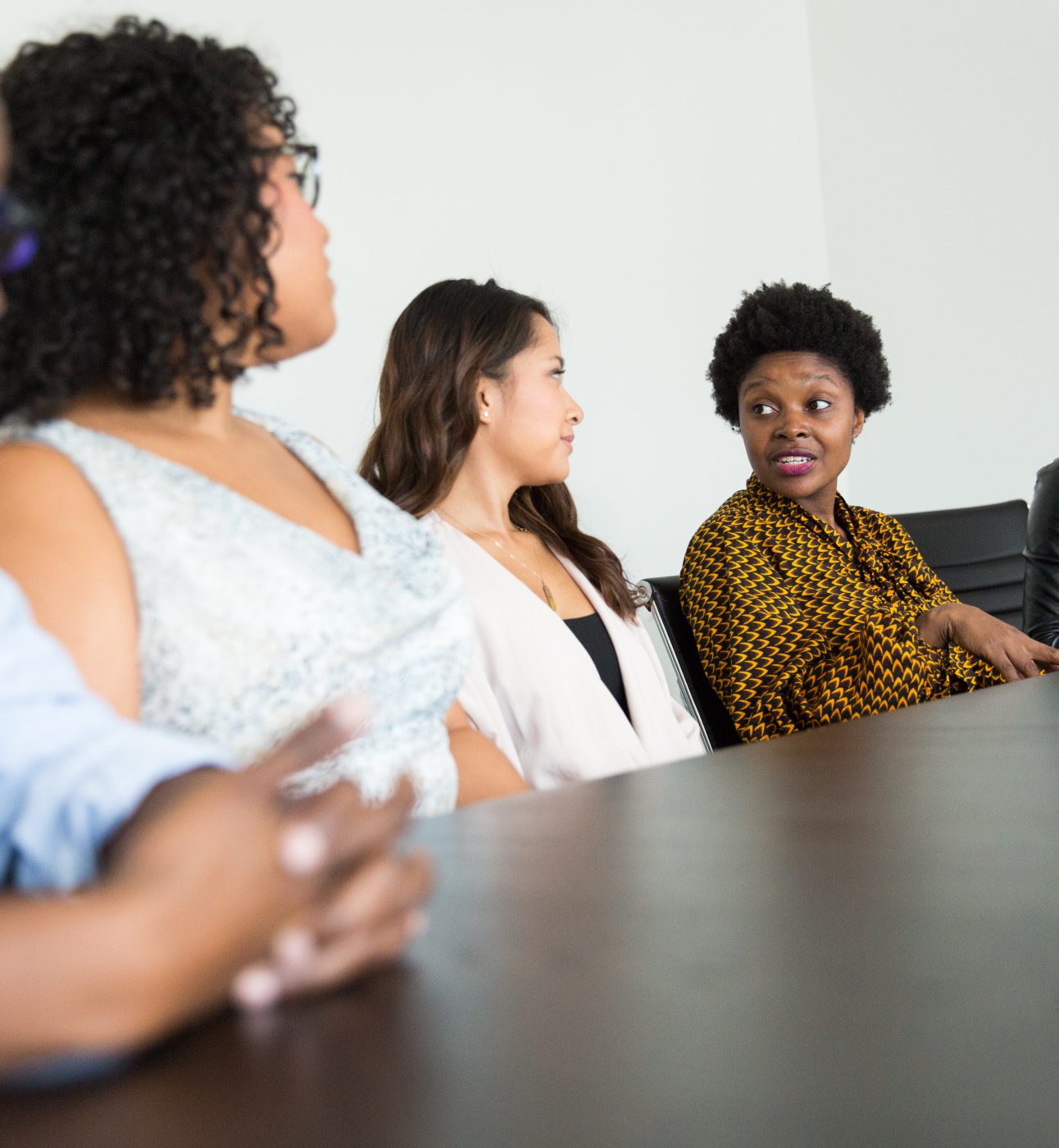
Duchess of Cornwall holds reception to celebrate 15 years of SafeLives
Today, Her Royal Highness, The Duchess of Cornwall hosts a reception at Clarence House, bringing together survivors, supporters and practitioners who have worked with UK-wide domestic abuse charity SafeLives, to mark its 15th anniversary. It also marks the launch of the charity’s #ImASurvivor Valentine’s campaign, celebrating the collective strength of survivor voice.
Founded by Baroness Diana Barran MBE in 2005, SafeLives quickly established the ‘best friend’ rule: if your best friend was experiencing domestic abuse, what would you want for them?
15 years later and now led by CEO, Suzanne Jacob OBE, the relationships SafeLives has built with organisations, frontline professionals and survivors of domestic abuse has helped tens of thousands of victims, survivors and whole families receive the support they need to become safe, sooner, and live the lives they want after abuse.
- SafeLives established the idea of the specialist IDVA (independent domestic violence adviser), training more than 3,000 IDVAs and IDAAs (Scotland) to support those at the highest risk of serious harm or murder.
- After support from an IDVA, 84% of victims felt safer.
- We’ve piloted and embedded the idea of the MARAC, the multi-agency risk assessment conference which brings together police, children’s services, health and other agencies to share information and develop safety plans for people at the highest risk of serious harm or murder – approximately 290 now operate across the UK, supporting 100,000 cases last year alone.
- We have trained over 27,500 police officers and staff in 20 forces across the UK to understand the dynamics of domestic abuse, driving real change in the police response.
In the last three years, we have challenged nearly 1,500 perpetrators to change their behaviour through Drive, our partnership programme with Respect and Social Finance, and together with over 70 organisations and individuals called for a national perpetrator strategy to tackle domestic abuse at the root. - In the last year alone, over 65,000 adults at risk of serious harm or murder and more than 85,000 children received help through dedicated multi-agency support designed by us and delivered with partners.
- And we have heard from the voices of more than 400 victims and survivors who helped shape our response to the Domestic Abuse Bill and from over 1000 men and boys who took part in our survey of attitudes to relationships and abuse.
This is just the start. To end domestic abuse for good we must see the whole picture, for every person, family, community and the whole society. And we must work together to act sooner – stopping harm before it begins.
Remarks by The Duchess of Cornwall at a reception to acknowledge the 15th anniversary of domestic abuse charity SafeLives at Clarence House, London
Wednesday 12th February 2020
The Duchess of Cornwall at a reception to acknowledge the 15th anniversary of domestic abuse charity SafeLives at Clarence House, LondonLadies and gentlemen, it is a huge pleasure to welcome you all to Clarence House today to mark the 15th anniversary of SafeLives. I’ve really enjoyed speaking to you all this afternoon and hearing about your connections to this remarkable charity, whether as staff members, supporters, partners or survivors. Each one of you is making an enormous difference as we seek, in the words of SafeLives, to end domestic abuse, for good.
It seems particularly appropriate to be celebrating your 15th anniversary in my home, as SafeLives was, at the start, very much a home-grown initiative. Your inspirational founder, Diana Barran, started this charity from her kitchen table, with no guarantee that it would prove to be the success it is today. She had, quite simply, asked, what was the biggest human problem that was the hardest to raise money for. The answer was domestic abuse… SafeLives was born…
Those early days, gathered round the kitchen table in Somerset, must have been very daunting. But a wonderfully simple principle was found to apply to this difficult task – the ‘best friend’ rule. The point being, if your best friend was experiencing domestic abuse, what would you want for her?
Your conclusion was a single person to talk to, who could be an advocate for the different statutory agencies: the police, the courts and so on. Over the past 15 years, SafeLives has grown beyond all recognition. But your ‘best friend’ rule still applies. Last year alone, your work supported more than 65,000 adults and 85,000 children, ensuring, through your friendship, that their voices were heard and their lives were made safer.
I visited SafeLives for the first time in 2016 and, as I have said on numerous occasions, that memorable day fired my interest in domestic abuse. I did know of people who had suffered from it, but I was both shocked, and horrified by just how many thousands of people across the world live with it.
I had the privilege of hearing incredibly brave women (some of whom are here today) standing up to tell their stories. Harrowing stories that reduced many of us listeners to tears. But with each story that is told, the taboo around domestic abuse weakens and the silence that surrounds it is broken, so other sufferers can know that there is hope for them and they are not alone.
Now Ladies and Gentlemen, as you mark this anniversary and look to the future, you give us all hope that those survivors can live their lives in peace, and be victors, not victims of these horrendous crimes, hopefully ensuring that domestic abuse can be made a crime of the past for ever. Thank you all
Speech by SafeLives Chief Executive, Suzanne Jacob, OBEGood afternoon Your Royal Highness and everyone. It’s such a privilege to be here today and we are so grateful to you, Ma’am, for your generosity in hosting us and for your commitment to ending domestic abuse. It's a commitment that has kept us in contact and conversation with you now for over four years, and we value that incredibly highly. It is also wonderful to be with all of you. SafeLives has spent the last 15 years championing the voices of survivors, bringing together data, those same voices, and practice expertise, to find the very best ways of keeping more families safe, sooner.
We couldn’t have done any of that without your passion and support. Your willingness to look in the eye the very worst things that people can do to each other, and to face those head on rather than flinch, makes all of us at SafeLives braver. Your determination that we can always - even when we're exhausted - do better, makes us more rigorous. And your ability to learn about the most awful things in life but keep reaching out in faith, love and support to other people, keeps us human.
Together we have to do nothing less than change our society from the inside out. Enough of asking ‘Why doesn’t she just leave?’ We need to ask ‘Why doesn’t he stop?’. And while that's a giant change, it's still not enough. We want to stop harm before it happens. So lives are safe, and they're free.
Today we’re celebrating 15 years of innovation, driven by SafeLives and by you and your organisations, from our roots in Somerset and South Wales, all across the UK. 100,000 cases were supported by Marac - the forum we created - last year alone. We've trained more than 27,000 police officers, and more than 3,000 Idvas and Idaas. Well over 1,000 perpetrators of high risk abuse have been challenged to change through the Drive programme. And at the small but beautiful end, three briefings have been given by our wonderful Pioneers to groups from the top 100 public sector leaders programme.
We can't afford to stand still. In 2019 we engaged for the first time in a direct way with men and boys who might be worried about their own behaviour. And just last month we were proud to add our names to nearly 80 others to call for a fully fledged strategy to address the spectrum of those who use abuse in their relationships.
In all of this, no one must be left behind because their particular needs, identity and circumstances aren’t properly understood. Here again, there's a lot to do. I am so proud to lead this organisation. Our deepest thanks to every one of you – survivor, partner, practitioner and supporter - and to the organisations and teams you represent - for being alongside us and allowing us to be alongside you.
You may also be interested in


